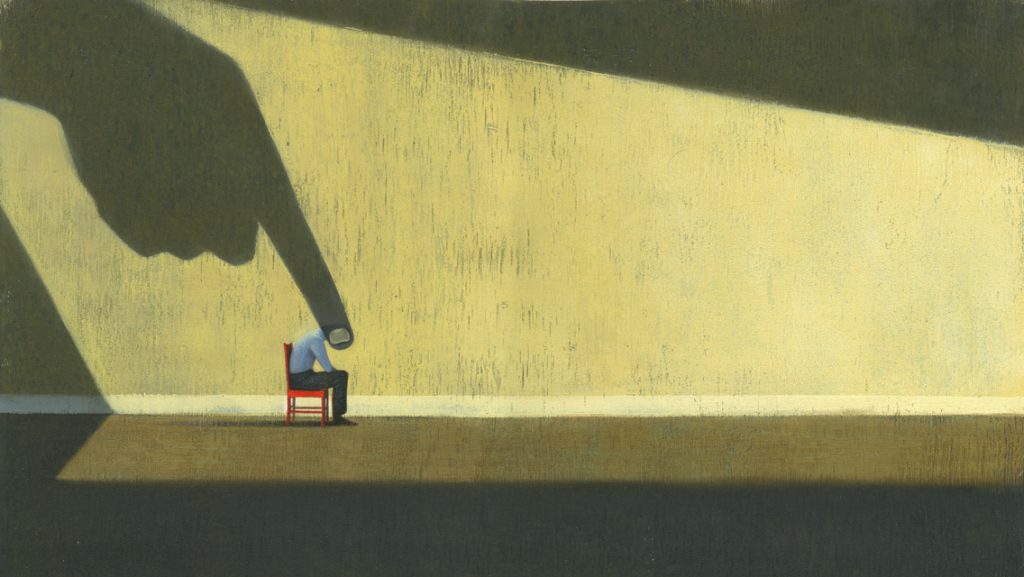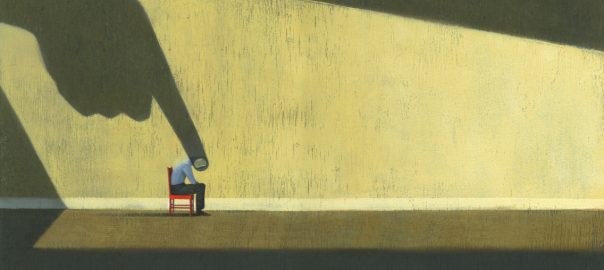Two years ago, author and social science professor Brene Brown’s latest book, Atlas of the Heart, was released. Of the eight books Brene has written Atlas is her highest rated. Amazon customers give it 4.8 stars out of 5. Not too shabby.
The book’s goal is lofty: to define and summarize 87 different feelings with language both academically grounded and relatable.
I devoured the book earlier this Winter whilst laying fireside at home on an oversized beanbag. It was wonderful.
Brene, who has researched and written about feelings for over two decades, started her career by delving into the concept of shame.
In an early study she asked research participants to give examples of shame. Here are a few of them:
- Shame is raging at my kids.
- Shame is bankruptcy.
- Shame is my boss calling me an idiot in front of the client.
- Shame is my partner leaving me for my next-door neighbor.
- Shame is my DUI.
- Shame is infertility.
- Shame is flunking out of school. Twice.
- Shame is hearing my parents fight and wondering if I’m the only one who feels this afraid.
Shame, Brene concludes, is the fear of disconnection. It is a fear that something we’ve done, or failed to do, or an ideal we’ve not lived up to, or a goal we’ve not accomplished makes us unworthy of connection.
I’m unlovable, shame whispers in our ear. I don’t belong.
Poet
Today we set our sights on Psalm 25. The Psalm recalls the time Israel spent in the wilderness after their liberation from Egypt. The people were now physically free, sure. But they were, in many ways, spiritually lost. The author, a poet, grapples with what to do.
The poet faces guilt. It stems from the sins of their youth. Perhaps it was infidelity. Or theft. Or an addiction they can’t bring themselves to name out loud. The poet wonders, can’t the Lord, who loves them endlessly, forget what they have done?
The poet faces enemies. What if one of them finds out about the sins of their past? Will they be mocked? Will they be cast away from community? What would their friends, who now know, then say?
Worried, alone, not knowing where to turn, the poet bows their head in prayer.
To you, O Lord, I lift up my soul.
Oh my God, in you I trust.
It is:
– the beginning of conversation
– an attempt to release their burdens
– a hope for a fresh start with God, with neighbor
Then comes the petition that informs the rest of the prayer.
Do not let me be put to shame.
For with shame comes the –
– threat of disconnection
– worry what you’ve done is impossible to forgive
– fear that, once the cat is out of the bag, you’ll be separated from all you love
Seeking freedom from this most harmful of feelings, the poet continues, praying to –
– be led in God’s truth
– know God’s ways
– be taught God’s paths
It is ok with the poet if being led in God’s truth, ways and paths takes some time.
For you I wait all day long, they cry.
The poet then recalls who they know the Lord to be:
– Good
– Upright
– Full of mercy
The poet knows –
– in their time of pain,
– in their time of shame, that
– God has their back.
Always has.
Always will.
All the paths of the Lord, the poet concludes, lead to steadfast love and faithfulness.
The poet is ready, it seems, to move on from shame. Instead, they journey towards forgiveness, mercy, right relationship with God, self, neighbor.
Today
As Lent begins we are reminded this too is a season of journey and self-discovery. The destination is clear; we’re winding our way to the Cross. It is a time of preparation, of having our paths made straight, in anticipation of the risen Lord.
Our gospel reading from Mark 1 finds Jesus in the wilderness for 40 days. The poet of Psalm 25 is in a personal wilderness, and desires to be on the path of the Lord. During this season the same is true of us.
Because of this wilderness, the journey and travel motif our Lenten lectionary takes on is darker than much of the church calendar. This focus on the darkness of the human condition is something I have grown to appreciate deeply over the years.
And yet sometimes our journey through the wilderness has a subtext that is less than helpful. Upon reflection of where we fall short, we have the potential to beat ourselves up in unkind ways. This can then lead to shame, and feelings of isolation, separation, distance from what and who we care for most.
God does not want that for us.
Instead, please know this. You are loved. You are claimed as a child of God in the waters of your baptism. This identity never goes away, no matter who you are. No matter what you have done.
Yes, to better follow Christ’s path requires change on our part towards a new way of being. That is done best in right relationship with God, and with others.
Brene Brown, in researching this most unkind of feelings, suggests there is an antidote for shame: empathy. For when we reach out and share our story with a trusted friend, and they respond with empathy it can’t help but bring us closer in community. For when someone knows, cares, and embraces you for who you are, without judgement, you are no longer alone.
If you’re feeling shame about something in your past or present, be like the poet of Psalm 25: take it to God. And then talk about it with a partner, family member, pastor, therapist or friend. Begin the hard work of getting through to the other side. Breaking the silence is the first step to being made whole.
During Lent we are asked to give up something to honor what Christ has sacrificed for us. People often give up things like gossip, fast food, social media, sweets, alcohol. Which is all well and good, and helps us on our way.
This year beloved let me encourage you to give up something else.
Give up shame. Connect with your Creator and your community, who can help.
Because God wants the best for us all. Amen.

